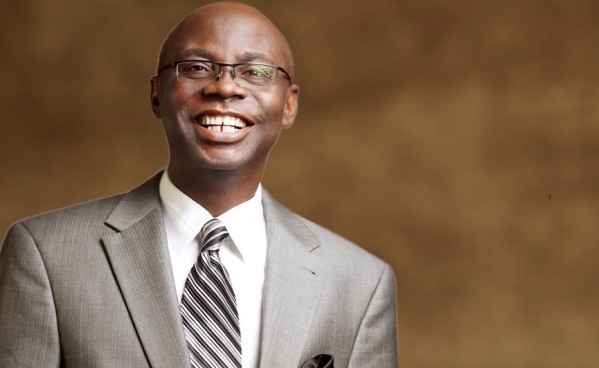Govt didn’t consult widely before fuel price increase – Bakare

The General Overseer of the Latter Rain Assembly, Pastor Tunde Bakare, says the Federal Government did not consult widely before increasing the price of fuel. He also said the Save Nigeria Group was not against the economic arguments behind fuel subsidy removal in 2012.
Bakare said he and other pro-democracy groups protested against the fuel subsidy removal in 2012 because they wanted former President Goodluck Jonathan to investigate the subsidy regime and recover stolen funds before commencing the discourse on subsidy removal.
The cleric addressed journalists in Lagos on Sunday over the fuel price hike.
Bakare, in his address, entitled, “The courage to do the right things,” said those who alleged that he kept quiet on the fuel price hike were not sincere.
He said he was not politically motivated to join the protest in 2012 but to seek a better Nigeria.
According to him, the current situation differs significantly from the “corruption-ridden 2012 subsidy crisis” that he condemned then.
He said, “In 2012, we were not against the economic arguments behind fuel subsidy removal. Instead, we wanted the government to investigate the subsidy regime, bring culprits in the maladministration of that regime to book and recover stolen funds before commencing the policy discourse around subsidy removal.
“We have not changed our earlier conviction in spite of a change in government. We have only acknowledged that the new government has persistently demonstrated its anti-corruption stance while seeking policy solutions to the economic crisis, though there have been gaps in policy management.”
Bakare, however, said the Federal Government should have consulted extensively with stakeholders and embarked on enlightenment campaigns on the new pump price regime before introducing it.
“We had expected that, in response to our call earlier in the year, the government would have consulted extensively with stakeholders and embarked upon extensive communication and enlightenment campaigns across the social spectrum, with particular attention to the middle class and the grassroots, on the new price regime prior to its introduction.
“This would have been a better-received sequence than the sudden policy introduction and the after-the-fact approach to informing and enlightening Nigerians.”
In a series of recommendations to end the impasse, the cleric said a Downstream Sector Bill should be sent to the National Assembly to pave the way for a completely deregulated oil sector.









0 Comments